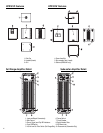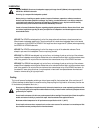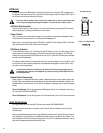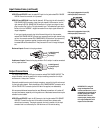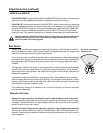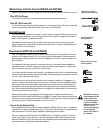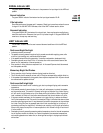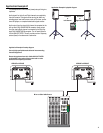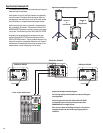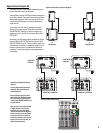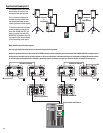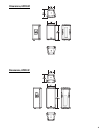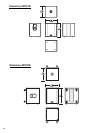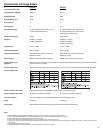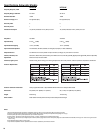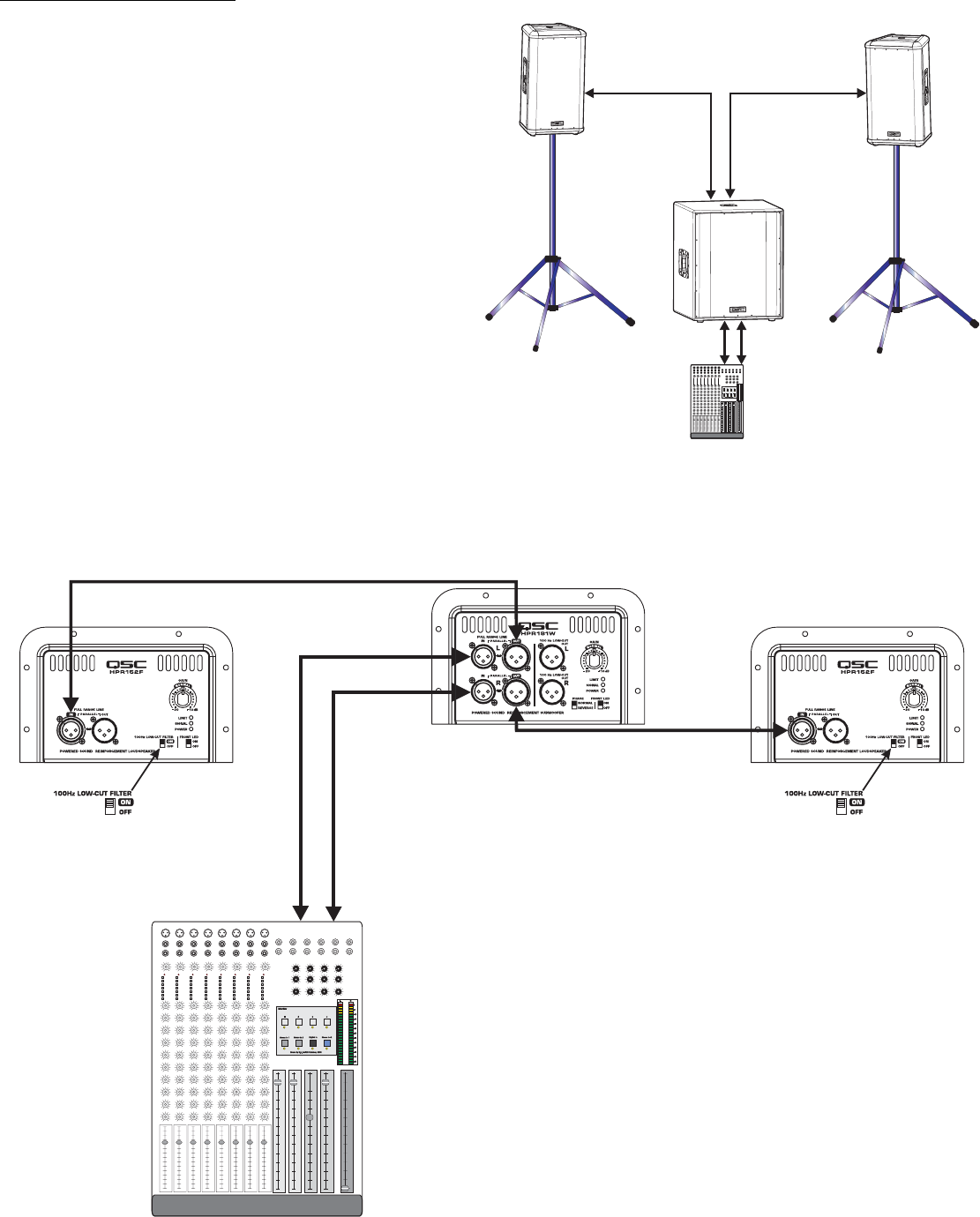
12
Application Example #2
This example shows a two-channel (stereo) setup utilizing one
subwoofer and two top-boxes.
Audio signals for the Left and Right channels are supplied by
the mixer console. This signal source can be just about any
variable-output level audio source, such as DJ mixers, profes-
sional CD players, or computer-based audio signal sources.
Audio output from the mixer is connected to the subwoofer’s
Left (L) and Right (R) channels. The subwoofer’s R and L FULL
RANGE LINE OUT connectors are used to connect to its respec-
tive top-box. Turn ON each top-box’s 100 Hz LOW-CUT FILTER.
Alternately, the top-boxes could be connected to the sub-
woofer’s 100 Hz LOW-CUT OUT and the top-boxes 100 Hz
LOW-CUT FILTERs turned off. The only possible issue with this
method of connection is unexpected noises (turn-off thumps) if
the subwoofer is powered down before the top-boxes. If con-
nected as shown, power sequencing is not an issue.
Application Example #2 physical diagram.
Application Example #2 hookup diagram.
Use only high-quality balanced cables for interconnecting the
audio equipment.
Ensure the top-boxes have their 100 Hz LOW-CUT FILTER
switched ON when connecting to the subwoofer’s FULL
RANGE LINE OUT as a signal source.
Also, be sure to keep Left and Right (marked L or R) channels
segregated properly so that sound-stage imaging remains
consistent.
HPR152F or HPR153F
HPR152F or HPR153F
HPR151W or HPR181W
Mixer or Other Audio Source
Channel 1
or
Left Channel
Channel 2
or
Right Channel



